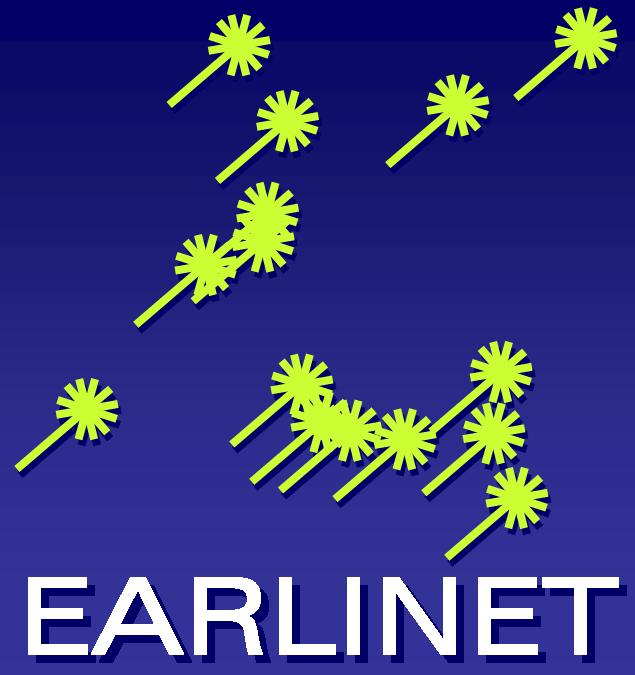--- /dev/null Thu Jan 01 00:00:00 1970 +0000
+++ b/docs/data_processing/introduction.rst Mon Mar 10 16:56:47 2014 +0200
@@ -0,0 +1,67 @@
+Overview
+========
+
+The "Data processing" section of the SCC is used to upload measurements
+and ancillary files, monitor the processing progress, and view the output
+results of the SCC.
+
+The data processing section consist of three subsections:
+
+* The procedures of submitting new data for processing are described
+ in the :ref:`uploading_measurements` section.
+
+* The procedures of submitting ancillary files (i.e. sounding, overlap,
+ and lidar ratio files) that are used in the processing are described
+ in the :ref:`uploading_ancillary` section.
+
+* The procedure to find and explore existing measurements and ancillary
+ files are detailed in the :ref:`viewing_measurements` section.
+
+Quick start
+-----------
+
+.. note::
+
+ The following discussion assumed that you have already set-up the system
+ settings in the "Admin" section (see :ref:`administration` for details).
+
+In order to start processing lidar data, you will need to upload them
+on the SCC server. The files should be in netcdf format, following the
+specific format described in :ref:`netcdf_file`. There is no restriction imposed
+in the filename, but we suggest to use the format <measurement_ID>.nc. You can
+upload using the "Quick upload" link in the menu.
+
+When you submit the processed measurements in the quick upload form, you will
+need to specify the system configuration that was used to perform the
+measurement. The *channels* that are defined in the file should be the
+ones defined in the selected system. The uploading of ancillary files or the
+selection of categories for the measurement are optional.
+
+When the file is uploaded, it is checked if it conforms to the needed
+netcdf format. The check guarantees that the mandatory variables are present
+in the file and that they have the correct format. Note that the check is not
+exhaustive, in the sense it does not guarantee that the file is able to be
+correctly processed; the aim of this check is to detect as early as possible
+common problems in the file. If some errors are found, the file will be
+deleted from the server.
+
+If ancillary files are needed for the processing two things should be done:
+
+#. The ancillary file names should be defined in the submitted netcdf file. In
+ contrast to the measurement files, the file name of the ancillary files
+ should follow a specified format, described in :ref:`netcdf_file`. In brief,
+ a sounding file should have a name rs_YYYYMMDDccNN.nc, a overlap file a name
+ ov_YYYYMMDDccNN.nc, and a lidar ratio file a name lr_YYYYMMDDccNN.nc, where
+ YYYY is a year, MM is the month, DD is the day, cc is the earlinet station
+ call sign and NN is a number.
+
+#. The ancillary files should be uploaded on the server. The uploading can be
+ done in the same form as before, or independently in the "Upload ancillary"
+ form. If an ancillary file required by a measurement is not present in the
+ database, this file will appear as "Missing" and the processing of the
+ measurement will not start and will be marked as "pending". When the missing
+ file is uploaded, its status will change to "OK" and the measurement will be
+ processed.
+
+
+

